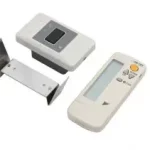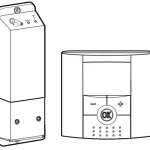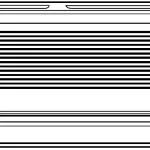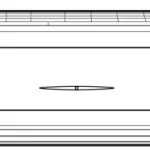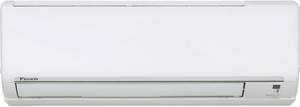

DAIKIN FTXF50D2V1B Room Air Conditioner
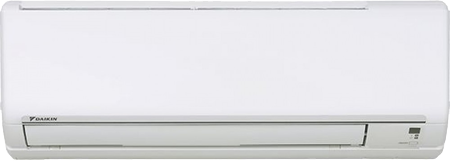
INFORMATION
This appliance is intended to be used by expert or trained users in shops, in light industry, and on farms, or for commercial and household use by lay persons.
Documentation set
This document is part of a documentation set. The complete set consists of:
- General safety precautions:
- Safety instructions that you must read before operating your system
- Format: Paper (in the box of the indoor unit)
- Operation manual:
- Quick guide for basic usage
- Format: Paper (in the box of the indoor unit)
- User reference guide:
- Detailed step-by-step instructions and background information for basic and advanced usage
- Format: Digital files on http://www.daikineurope.com/support-and-manuals/product-information/
Latest revisions of the supplied documentation may be available on the regional Daikin website or via your installer.
The original documentation is written in English. All other languages are translations.
User Safety Instructions
Always observe the following safety instructions and regulations.
Instructions for Safe Operation
WARNING: MILDLY FLAMMABLE MATERIAL
The refrigerant inside this unit is mildly flammable.
CAUTION
Do NOT insert fingers, rods or other objects into the air inlet or outlet. When the fan is rotating at high speed, it will cause injury.
WARNING
- Do NOT modify, disassemble, remove, reinstall or repair the unit yourself as incorrect dismantling or installation may cause an electrical shock or fire. Contact your dealer.
- In case of accidental refrigerant leaks, make sure there are no naked flames. The refrigerant itself is entirely safe, non-toxic and mildly flammable, but it will generate toxic gas when it accidentally leaks into a room where combustible air from fan heaters, gas cookers, etc. is present. Always have qualified service personnel confirm that the point of leakage has been repaired or corrected before resuming operation.
CAUTION
- ALWAYS use a user interface to adjust the angle of the flap. When the flap is swinging and you move it forcibly by hand, the mechanism will break.
- Be careful when adjusting the louvers. Inside the air outlet, a fan is rotating at high speed.
CAUTION
NEVER expose little children, plants or animals directly to the airflow.
WARNING
Do NOT place a flammable spray bottle near the air conditioner and do NOT use sprays near the unit. Doing so may result in a fire.
CAUTION
Do NOT operate the system when using a room fumigation-type insecticide. Chemicals could collect in the unit, and endanger the health of people who are hypersensitive to chemicals.
WARNING
The refrigerant inside the unit is mildly flammable, but normally does NOT leak. If the refrigerant leaks in the room and comes in contact with fire from a burner, a heater, or a cooker, this may result in fire, or the formation of a harmful gas.
Turn off any combustible heating devices, ventilate the room, and contact the dealer where you purchased the unit.
Do NOT use the unit until a service person confirms that the part from which the refrigerant leaked has been repaired.
WARNING
- Do NOT pierce or burn refrigerant cycle parts.
- Do NOT use cleaning materials or means to accelerate the defrosting process other than those recommended by the manufacturer.
- Be aware that the refrigerant inside the system is odorless.
WARNING
The appliance shall be stored so as to prevent mechanical damage and in a well-ventilated room without continuously operating ignition sources (e.g. open flames, an operating gas appliance, or an operating electric heater). The room size shall be as specified in the General safety precaution.
DANGER: RISK OF ELECTROCUTION
To clean the air conditioner or air filter, be sure to stop operation and turn all power supplies OFF. Otherwise, an electrical shock and injury may result.
CAUTION
After a long use, check the unit stand and fitting for damage. If damaged, the unit may fall and result in injury.
CAUTION
Do NOT touch the heat exchanger fins. These fins are sharp and could result in cutting injuries.
WARNING
Be careful with ladders when working in high places.
WARNING
Improper detergents or cleaning procedure may cause damage on plastic components or water leakage. Splashed detergent on electric components, such as motors, may cause failure, smoke or ignition.
DANGER: RISK OF ELECTROCUTION
Before cleaning, be sure to stop the operation, turn the breaker OFF or pull out the supply cord. Otherwise, an electrical shock and injury may result.
WARNING
Stop operation and shut OFF the power if anything unusual occurs (burning smells etc.).
Leaving the unit running under such circumstances may cause breakage, electrical shock or fire. Contact your dealer.
About the System
NOTICE
Do NOT use the system for other purposes. In order to avoid any quality deterioration, do NOT use the unit for cooling precision instruments, food, plants, animals, or works of art.
Indoor Unit
CAUTION
Do NOT insert fingers, rods or other objects into the air inlet or outlet. When the fan is rotating at high speed, it will cause injury.
WARNING
- Do NOT modify, disassemble, remove, reinstall or repair the unit yourself as incorrect dismantling or installation may cause an electrical shock or fire. Contact your dealer.
- In case of accidental refrigerant leaks, make sure there are no naked flames. The refrigerant itself is entirely safe, non-toxic and mildly flammable, but it will generate toxic gas when it accidentally leaks into a room where combustible air from fan heaters, gas cookers, etc. is present. Always have qualified service personnel confirm that the point of leakage has been repaired or corrected before resuming operation.
Indoor Unit Display
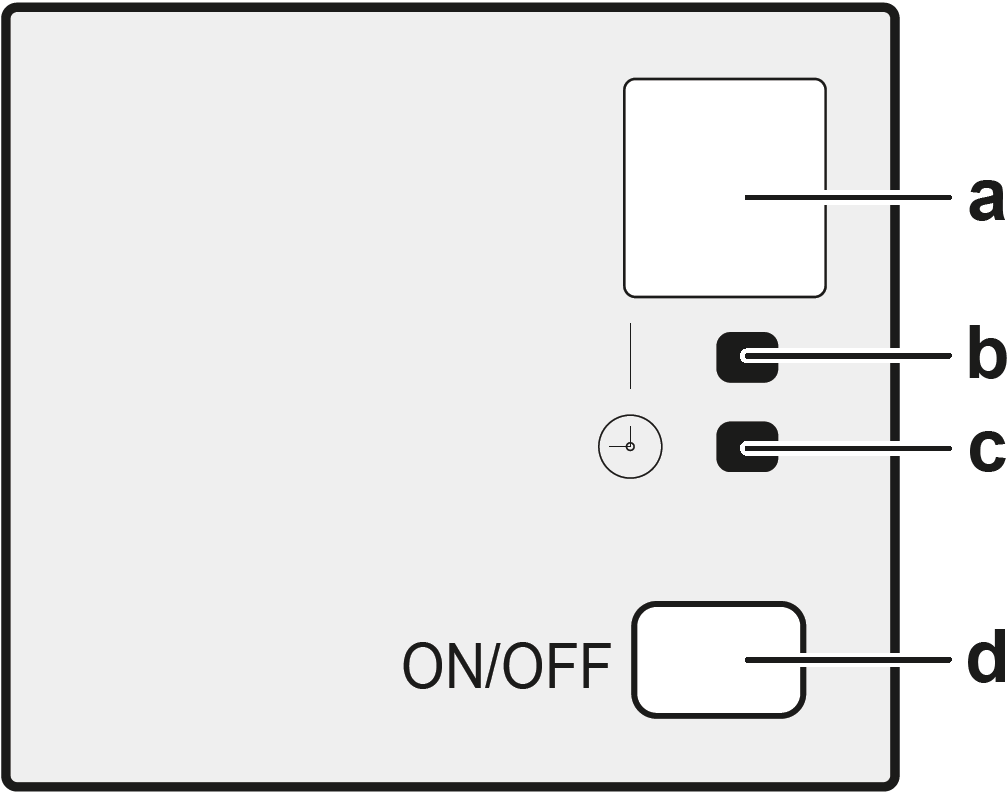
- a Signal receiver
- b Operation lamp
- c Timer lamp
- d ON/OFF button
ON/OFF Button
If the user interface is missing, you can use the ON/OFF button on the indoor unit to start/stop operation. When operation is started using this button, the following settings are used:
- Operation mode = Automatic
- Temperature setting = 25°C
- Airflow rate = Automatic
About the User Interface
- Direct sunlight. Do NOT expose the user interface to direct sunlight.
- Dust. Dust on the signal transmitter or receiver will reduce sensitivity. Wipe off dust with a soft cloth.
- Fluorescent lights. Signal communication might be disabled if fluorescent lamps are in the room. In that case, contact your installer.
- Other appliances. If the user interface signals operate other appliances, move the other appliances, or contact your installer.
- Curtains. Make sure that the signal between the unit and the user interface is NOT blocked by curtains or other objects.
Components: User Interface
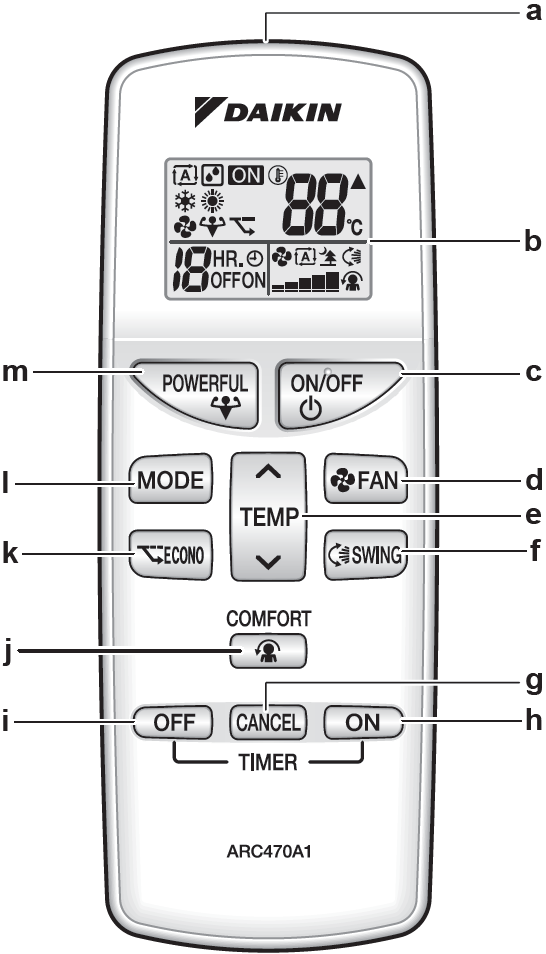
- a Signal transmitter
- b LCD display
- c ON/OFF button
- d Fan setting button
- e Temperature adjustment button
- f Swing button
- g Timer cancel button
- h ON timer button
- i OFF timer button
- j Comfort airflow button
- k Econo button
- Mode selector button
- m Powerful button
To Operate the User Interface
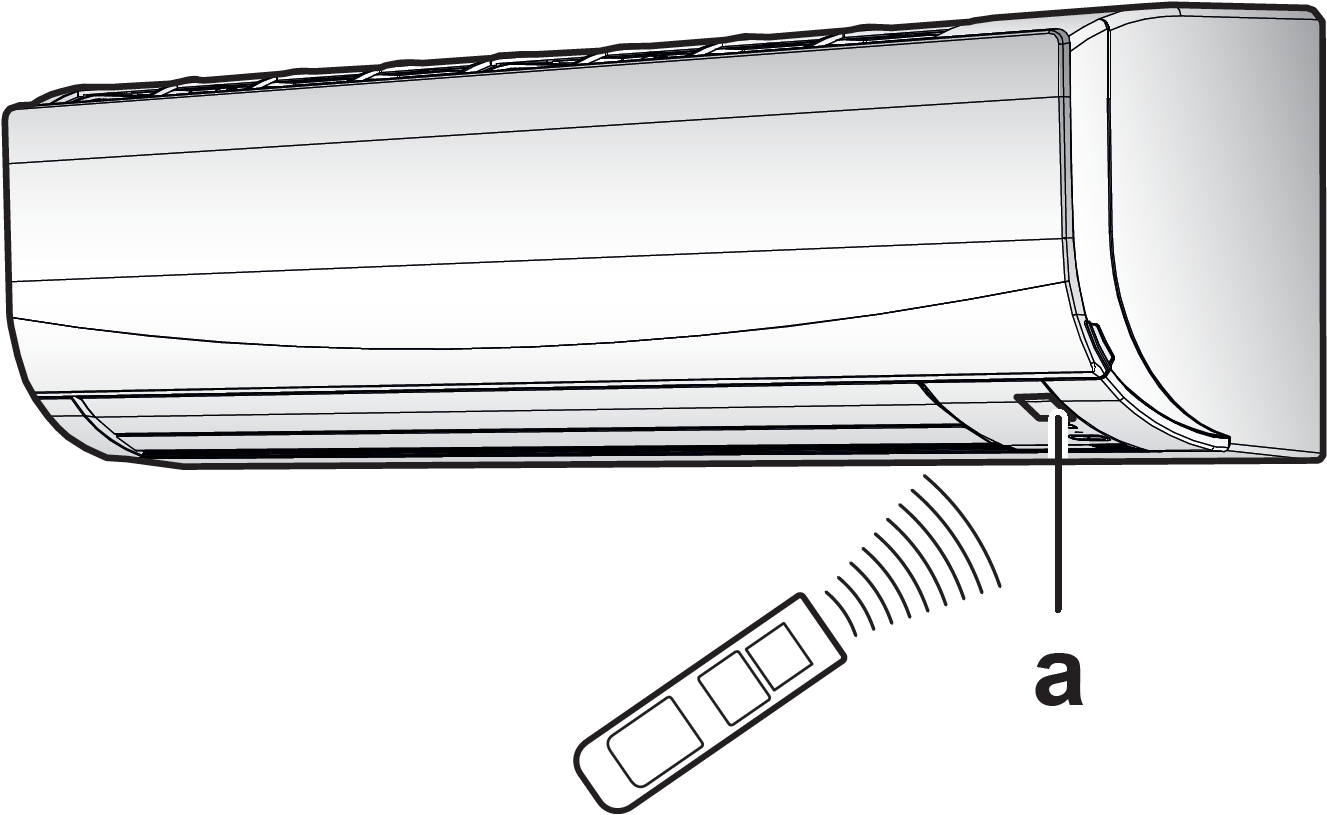
Aim the signal transmitter at the signal receiver on the indoor unit (maximum distance for communication is 7m).
Result: When the indoor unit receives a signal from the user interface, you will hear a sound:
| Sound | Description |
| Beep-beep | Operation starts. |
| Beep | Setting changes. |
| Long beep | Operation stops. |
Before Operation
To Insert the Batteries
The batteries will last for about 1 year.
- Remove the back cover.
- Insert both batteries at once.
- Put the cover back.
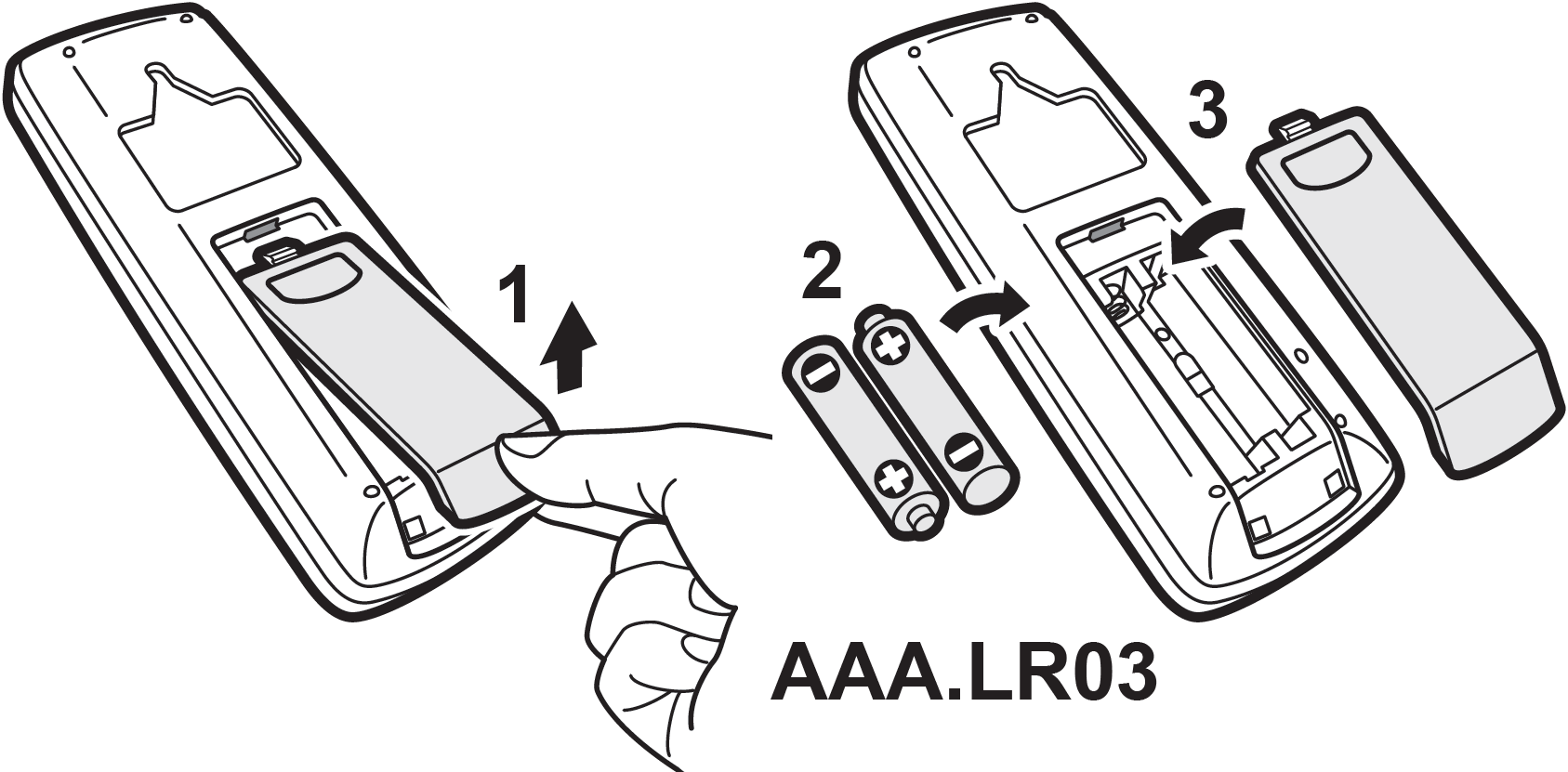
To Mount the User Interface Holder
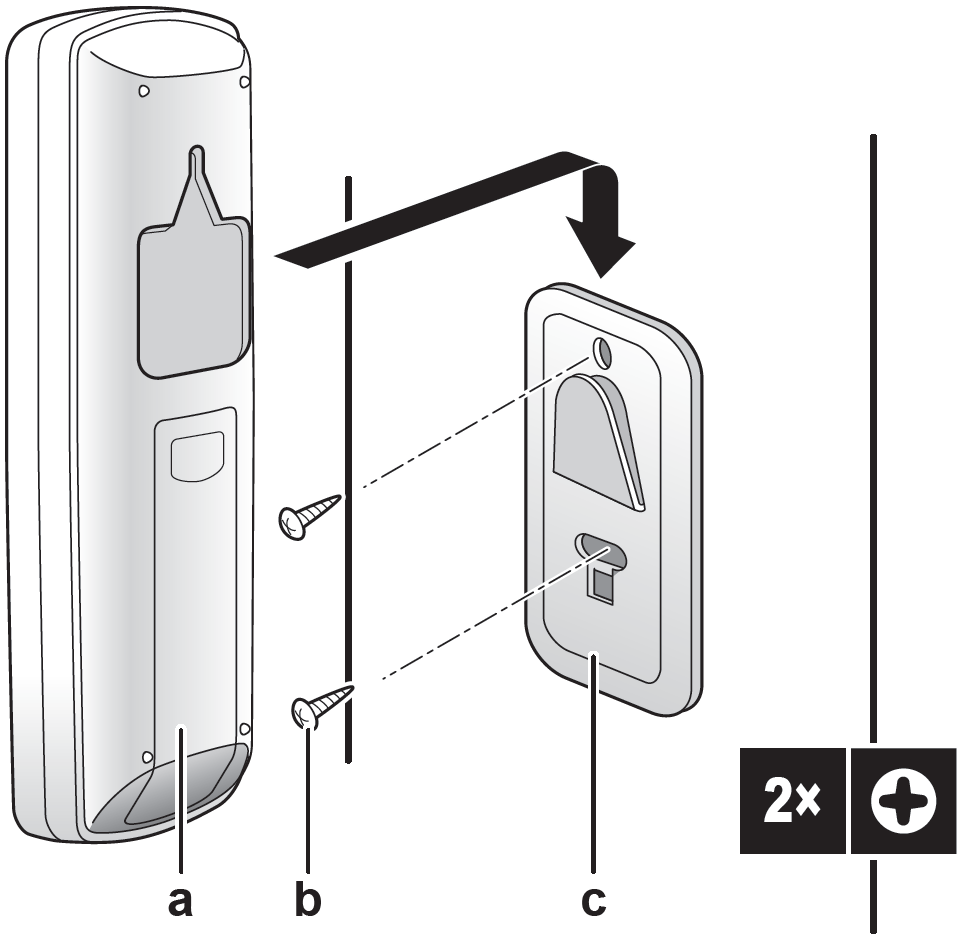
- a User interface
- b Screws (field supply)
- c User interface holder
- Choose a place where the signals reach the unit.
- Attach the holder with screws to the wall or a similar location.
- Hang the user interface on the user interface holder.
To Turn on the Power Supply
Turn the circuit breaker on.
Result: The flap of the indoor unit will open and close to set the reference position.
Operation
Operation Range
Use the system in the following temperature and humidity ranges for safe and effective operation.
| Operation Mode | Operation Range |
| Cooling(a)(b) |
|
| Heating(a) |
|
| Drying(a) |
|
(a) A safety device might stop the operation of the system if the unit runs outside its operation range.
(b) Condensation and water dripping might occur if the unit runs outside its operation range.
Operation Mode and Temperature Setpoint
When. Adjust the system operation mode and set the temperature when you want to:
- Heat up or cool down a room
- Blow air in a room without heating or cooling
- Decrease the humidity in a room
What. The system operates differently, depending on the user selection.
| Setting | Description |
| Automatic | The system cools down or heats up a room to the temperature setpoint. It automatically switches between cooling and heating if necessary. |
| Drying | The system decreases the humidity in a room. |
| Heating | The system heats up a room to the temperature setpoint. |
| Cooling | The system cools down a room to the temperature setpoint. |
| Fan | The system only controls the airflow (airflow rate and airflow direction). The system does NOT control the temperature. |
Additional info:
- Outside temperature. The system’s cooling or heating effect decreases when the outside temperature is too high or too low.
- Defrost operation. During heating operation, frost might occur on the outdoor unit and decrease the heating capacity. In that case, the system automatically switches to defrosting operation to remove the frost. During defrosting operation, hot air is NOT blown from the indoor unit.
To start/stop operation mode and to set the temperature
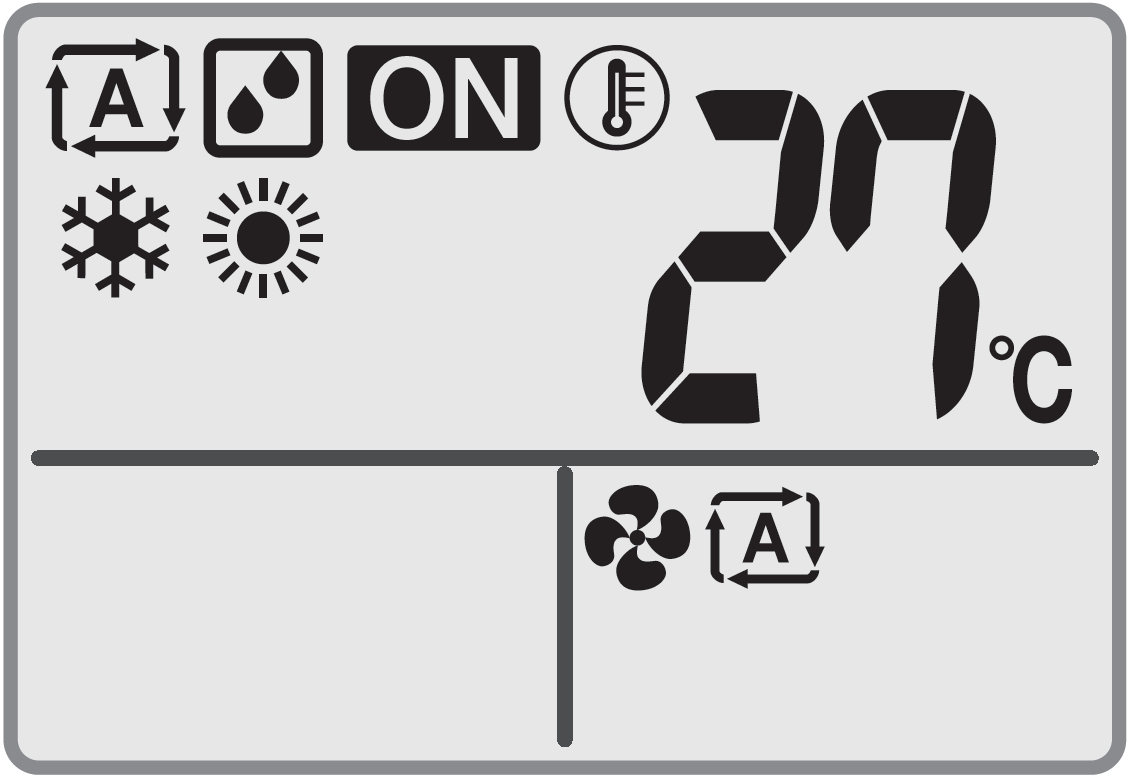
- Unit is operating
- Operation mode = Automatic
- Operation mode = Drying
- Operation mode = Heating
- Operation mode = Cooling
- Operation mode = Fan only
- Shows the set temperature
- Press MODE one or more times to select the operation mode.
Result: The mode will be set in the following sequence:

- Press ON/OFF to start operation.
Result: ON is displayed on the LCD.
Result: The operation lamp lights up.
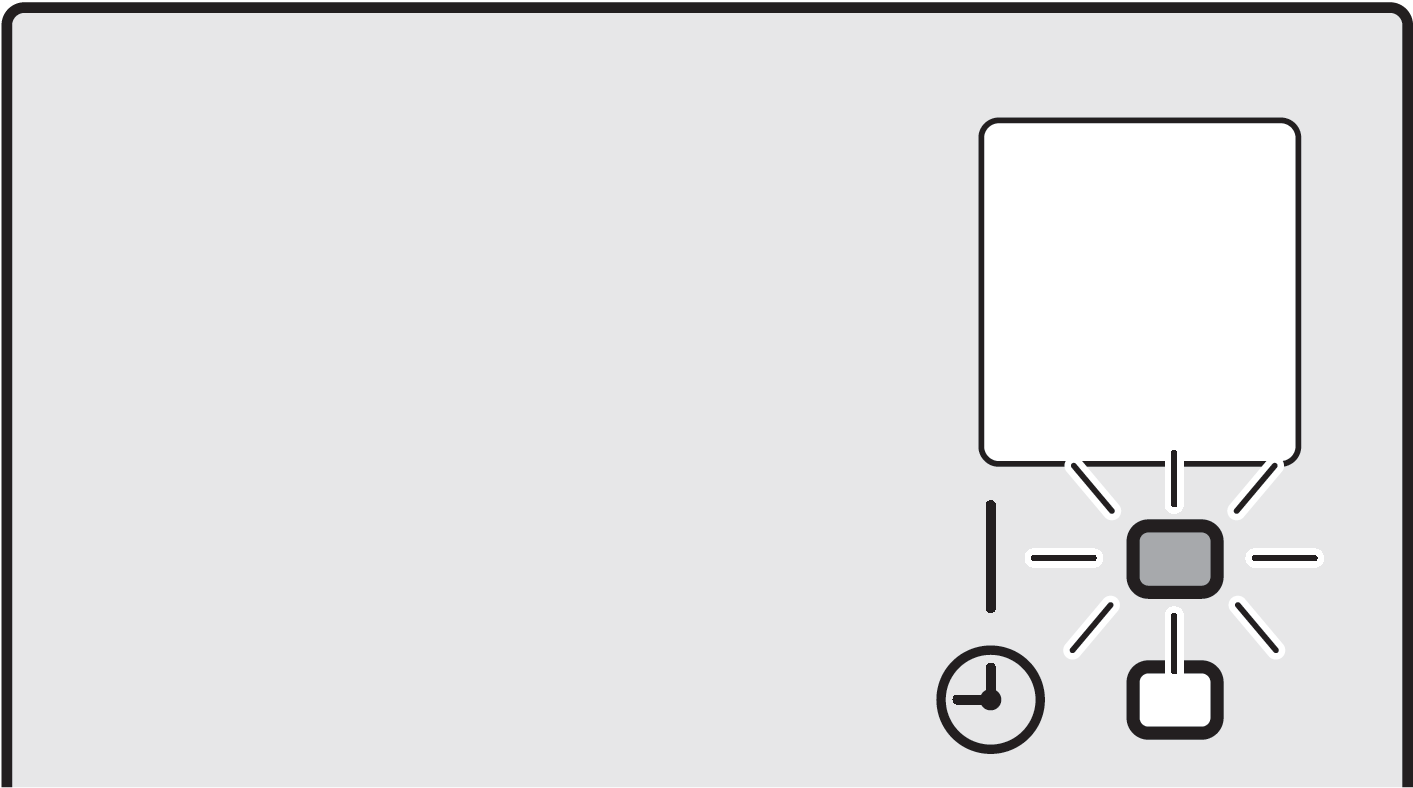
- Press UP or DOWN on the TEMP button one or more times to lower or raise the temperature.
Note: When using drying or fan only mode, you cannot adjust the temperature. - Press ON/OFF to stop operation.
Result: ON disappears from the LCD.
Result: The operation lamp goes off.
Airflow Rate
INFORMATION
- When using drying operation mode, you CANNOT adjust the airflow rate setting.
- The airflow rate in heating mode will lower to avoid generating cold airflow. When temperature of the airflow rise, operation will continue at the set airflow rate.
Press FAN to choose:
 |
5 airflow rate levels, from ” ” to “ “ |
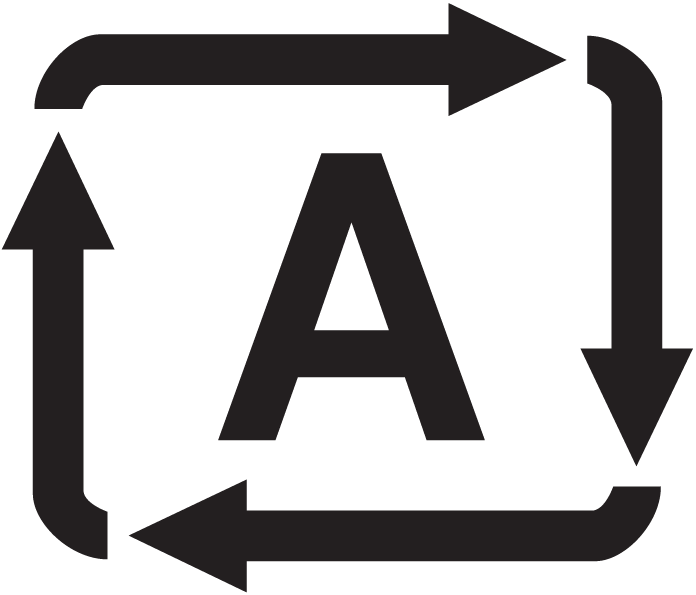 |
Automatic airflow rate operation |
 |
Indoor unit quiet operation. When the airflow rate is set to icon, the noise from the unit will be reduced. |
INFORMATION
- If the unit reaches the temperature setpoint in cooling or heating mode, the fan will stop operating.
- When using drying operation mode, you CANNOT adjust the airflow rate setting.
To Adjust the Airflow Rate
- Press FAN to change the airflow setting as follows:

Airflow Direction
When. Adjust the airflow direction as desired.
What. The system directs the airflow differently, depending on the user selection (swinging or fixed position). It does so by moving the vertical blades.
| Setting | Airflow Direction |
| Vertical auto swing | Moves up and down. |
| [—] | Stays in a fixed position. |
CAUTION
- ALWAYS use a user interface to adjust the angle of the flap. When the flap is swinging and you move it forcibly by hand, the mechanism will break.
- Be careful when adjusting the louvers. Inside the air outlet, a fan is rotating at high speed.
The movable range of the flap varies according to the operation mode. The flap will stop at the upper position when the airflow rate is changed to low during the up and down swing setting.
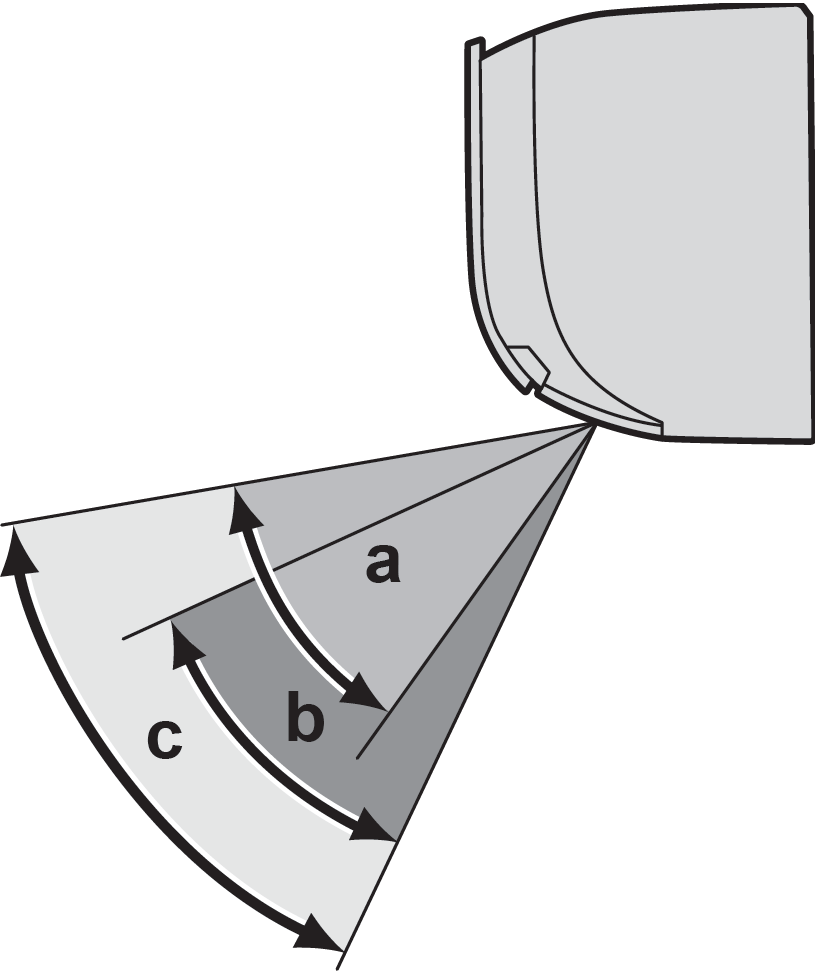
- a Flap range in cooling or drying operation
- b Flap range in hating operation
- c Flap range in fan only operation
To Adjust the Airflow Direction
- To use auto swing, press SWING.
Result: will appear on the LCD.
Result: The flap (horizontal blade) will begin to swing. - To use fixed position, press SWING when the flap reaches the desired position.
Result: disappears from the LCD.
To Adjust the Louvers (Vertical Blades)
- Hold 1 or both knobs and move the louvers.
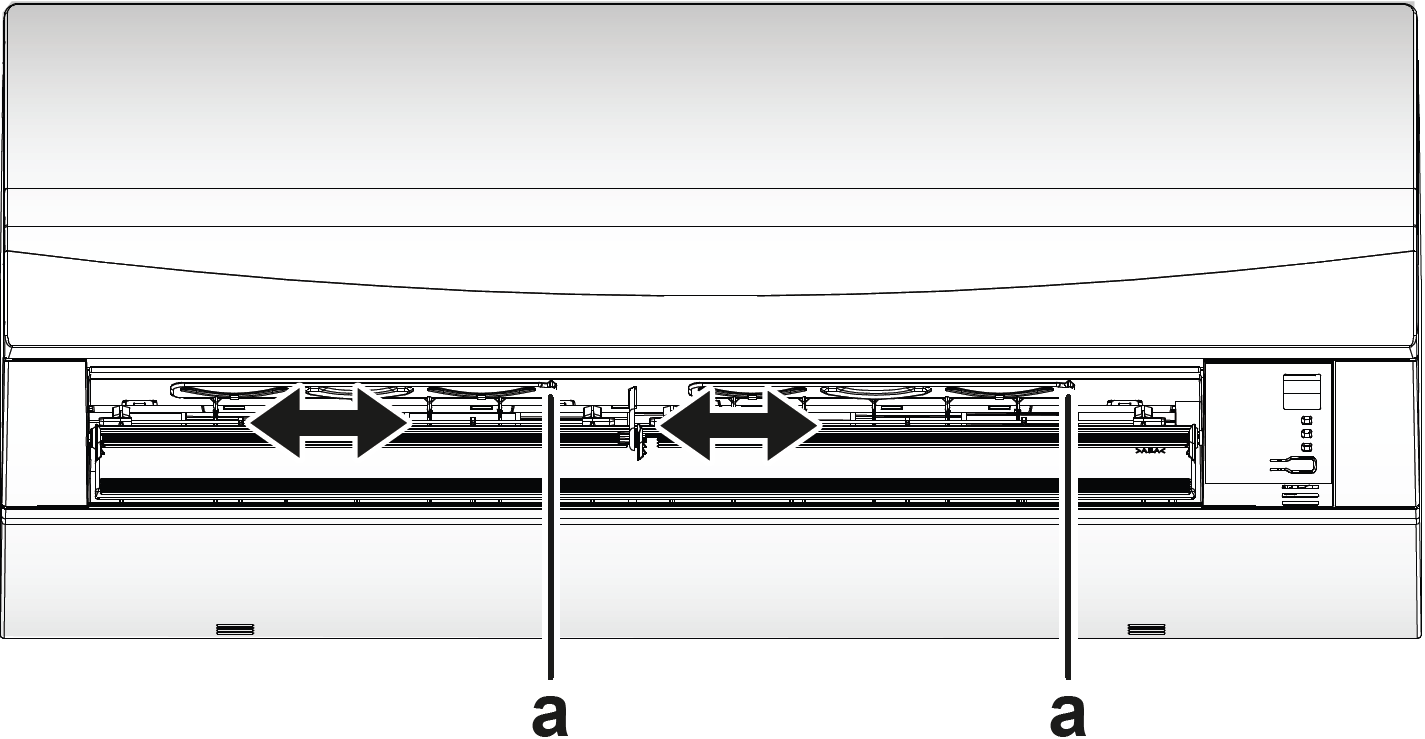
INFORMATION
When the unit is installed in a corner of a room, the direction of the louvers should be facing away from the wall. Efficiency will drop if a wall blocks the air.
Comfort Airflow Operation
This operation can be used in heating or cooling operation mode. It will provide a comfortable wind that will NOT come in direct contact with people. The system automatically sets the fixed airflow position upward in Cooling and downward in Heating operation mode.

INFORMATION
Powerful and Comfort airflow operation CANNOT be used at the same time. The last selected function takes priority. If the vertical automatic swing is selected, Comfort airflow operation will be cancelled.
To Start/Stop Comfort Airflow Operation
- Press COMFORT to start.
Result: The flap position will change, is displayed on the LCD, and the airflow rate is set to automatic.Mode Position of flap… Cooling/Drying Up Heating Down Note: Comfort airflow operation is NOT available in Fan only mode.
- Press to stop.
Result: The flap will return to the position from before the Comfort airflow mode; disappears from the LCD.
Powerful Operation
This operation quickly maximizes the cooling/heating effect in any operation mode. You can get the maximum capacity.
INFORMATION
Powerful operation CANNOT be used together with Econo and Comfort airflow operation. The last selected function takes priority.
Powerful operation will NOT increase the capacity of the unit if it already operates at maximum capacity.+
To Start/Stop Powerful Operation
- Press POWERFUL to start.
Result: is displayed on the LCD. Powerful operation runs for 20 minutes; after that, operation returns to the previously set mode. - Press POWERFUL to stop.
Result: disappears from the LCD.
Note: Powerful operation can be set only when the unit is running. If you press ON/OFF or if you change operation mode, operation will be cancelled; disappears from the LCD.
Econo Operation
This is a function which enables efficient operation by limiting the maximum power consumption value. This function is useful for cases in which attention should be paid to ensure a circuit breaker will not trip when the product runs alongside other appliances.
INFORMATION
- Powerful and Econo operation CANNOT be used at the same time. The last selected function takes priority.
- Econo operation reduces power consumption of the outdoor unit by limiting the rotation speed of the compressor. If power consumption is already low, Econo operation will NOT further reduce power consumption.
To Start/Stop Econo Operation
- Press ECONO to start.
- Press ECONO to stop.
OFF/ON Timer Operation
Timer functions are useful for automatically switching the air conditioner off/on at night or in the morning. You can also use OFF timer and ON timer in combination.
To Start/Stop OFF Timer Operation
Use this feature if the unit is operating and you want to stop operation after a certain time.
- Press OFF to start.
- Press OFF to stop.
To Start/Stop ON Timer Operation
- Press OFF to start.
- Press OFF to stop.
To Combine OFF Timer and ON Timer
- To set the timers, refer to “To start/stop OFF timer operation” and “To start/stop ON timer operation”.
- Example of what is displayed on the LCD if you combine the 2 timers:

Energy Saving and Optimum Operation
INFORMATION
- Even if the unit is turned OFF, it consumes electricity.
- When the power turns back on after a power break, the previously selected mode will be resumed.
CAUTION
NEVER expose little children, plants or animals directly to the airflow.
NOTICE
Do NOT place objects below the indoor and/or outdoor unit that may get wet. Otherwise condensation on the unit or refrigerant pipes, air filter dirt or drain blockage may cause dripping, and objects under the unit may get dirty or damaged.
WARNING
Do NOT place a flammable spray bottle near the air conditioner and do NOT use sprays near the unit. Doing so may result in a fire.
CAUTION
Do NOT operate the system when using a room fumigation-type insecticide. Chemicals could collect in the unit, and endanger the health of people who are hypersensitive to chemicals.
Maintenance and Service
Overview: Maintenance and Service
The installer has to perform a yearly maintenance.
About the Refrigerant
This product contains fluorinated greenhouse gases. Do NOT vent gases into the atmosphere.
Refrigerant type: R32
Global warming potential (GWP) value: 675
NOTICE
Applicable legislation on fluorinated greenhouse gases requires that the refrigerant charge of the unit is indicated both in weight and CO2 equivalent.
Formula to calculate the quantity in CO2 equivalent tonnes: GWP value of the refrigerant × total refrigerant charge [in kg] / 1000
Please contact your installer for more information.
WARNING
The refrigerant inside the unit is mildly flammable, but normally does NOT leak. If the refrigerant leaks in the room and comes in contact with fire from a burner, a heater, or a cooker, this may result in fire, or the formation of a harmful gas.
Turn off any combustible heating devices, ventilate the room, and contact the dealer where you purchased the unit.
Do NOT use the unit until a service person confirms that the part from which the refrigerant leaked has been repaired.
WARNING
- Do NOT pierce or burn refrigerant cycle parts.
- Do NOT use cleaning materials or means to accelerate the defrosting process other than those recommended by the manufacturer.
- Be aware that the refrigerant inside the system is odorless.
WARNING
The appliance shall be stored so as to prevent mechanical damage and in a well-ventilated room without continuously operating ignition sources (e.g. open flames, an operating gas appliance, or an operating electric heater). The room size shall be as specified in the General safety precaution.
NOTICE
Maintenance MUST be done by an authorized installer or service agent.
We recommend performing maintenance at least once a year. However, applicable legislation might require shorter maintenance intervals.
DANGER: RISK OF ELECTROCUTION
To clean the air conditioner or air filter, be sure to stop operation and turn all power supplies OFF. Otherwise, an electrical shock and injury may result.
WARNING
To prevent electrical shocks or fire:
- Do NOT rinse the unit.
- Do NOT operate the unit with wet hands.
- Do NOT place any objects containing water on the unit.
CAUTION
After a long use, check the unit stand and fitting for damage. If damaged, the unit may fall and result in injury.
CAUTION
Do NOT touch the heat exchanger fins. These fins are sharp and could result in cutting injuries.
WARNING
Be careful with ladders when working in high places.
Following symbols may occur on the indoor unit:
To Clean the Indoor Unit and User Interface
WARNING
Improper detergents or cleaning procedure may cause damage on plastic components or water leakage. Splashed detergent on electric components, such as motors, may cause failure, smoke or ignition.
NOTICE
- Do NOT use gasoline, benzene, thinner, polishing powder or liquid insecticide. Possible consequence: Discoloration and deformation.
- Do NOT use water or air of 40°C or higher. Possible consequence: Discoloration and deformation.
- Do NOT use polishing compounds.
- Do NOT use a scrubbing brush. Possible consequence: The surface finishing peels off.
- As an end user, you may NEVER clean inside parts of the unit by yourself; this work must be performed by a qualified service person. Contact your dealer.
DANGER: RISK OF ELECTROCUTION
Before cleaning, be sure to stop the operation, turn the breaker OFF or pull out the supply cord. Otherwise, an electrical shock and injury may result.
Clean with a soft cloth. If it is difficult to remove stains, use water or a neutral detergent.
To Clean the Front Panel
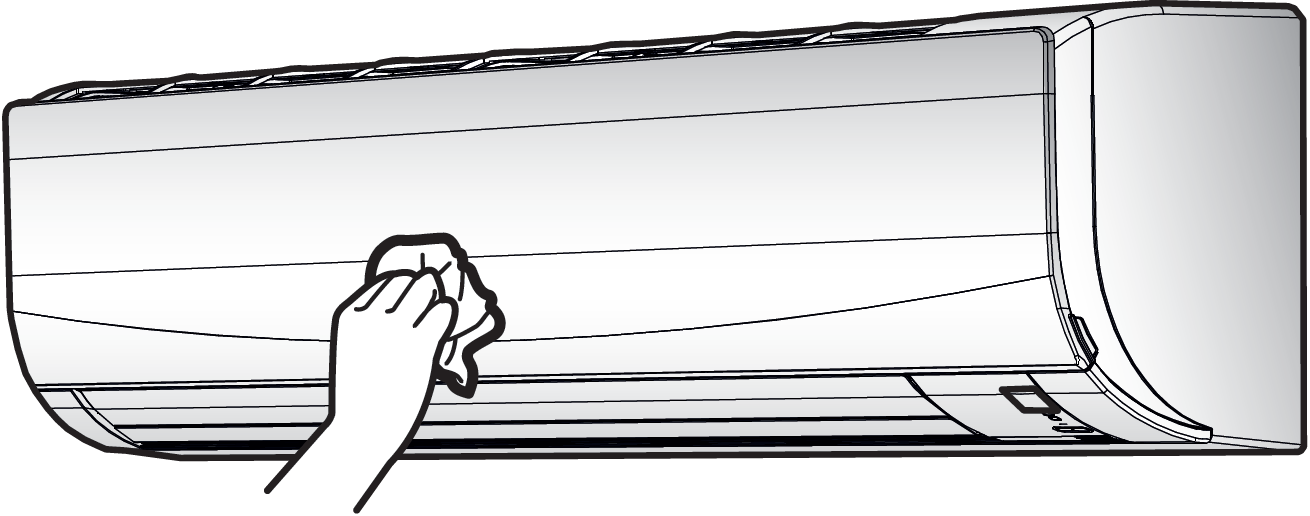
Clean the front panel with a soft cloth. If it is difficult to remove stains, use water or a neutral detergent.
To Open the Front Panel
Hold the front panel by the panel tabs on both sides and open it.

To Clean the Air Filters
- Push the tab at the center of each air filter, then pull it down.
- Pull out the air filters.
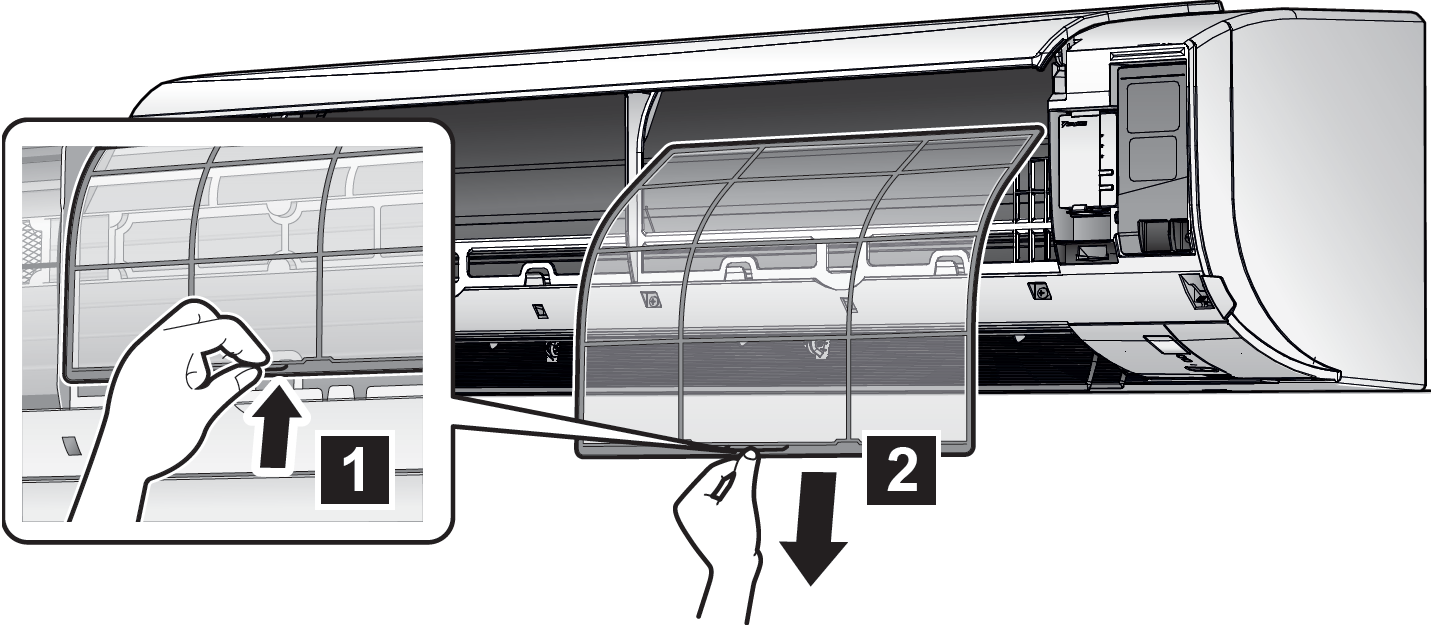
- Wash the air filters with water or clean them with a vacuum cleaner.
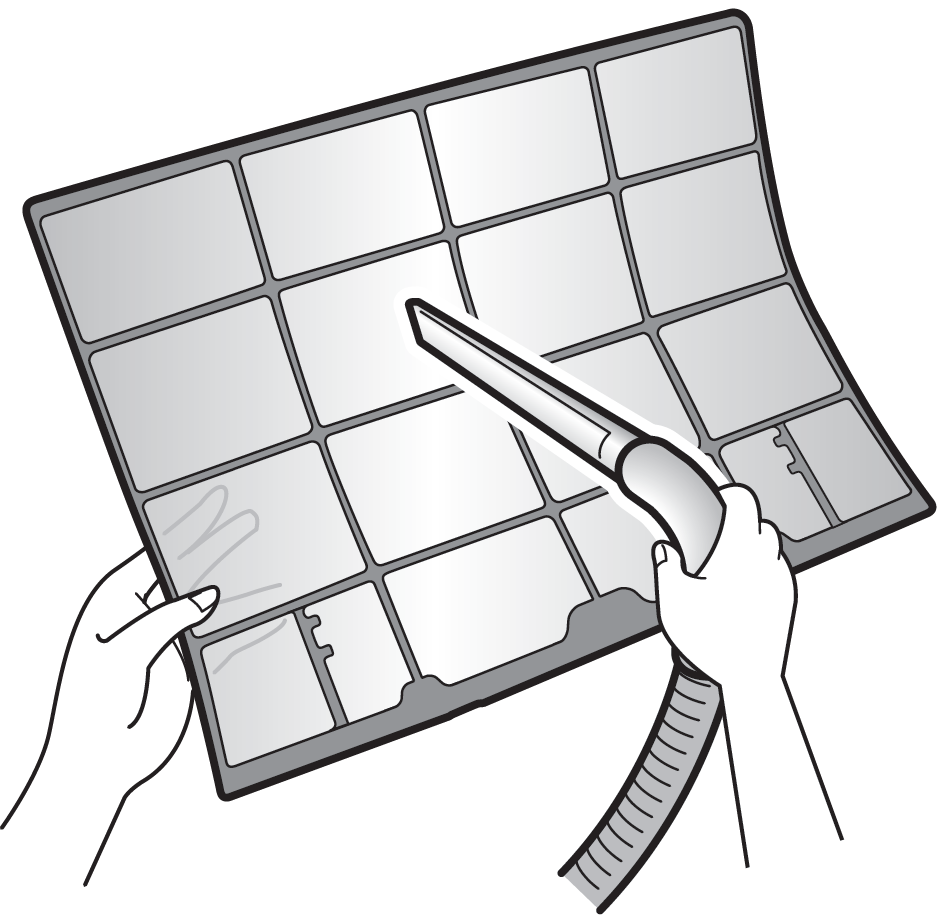
- Soak in lukewarm water for about 10 to 15 minutes.
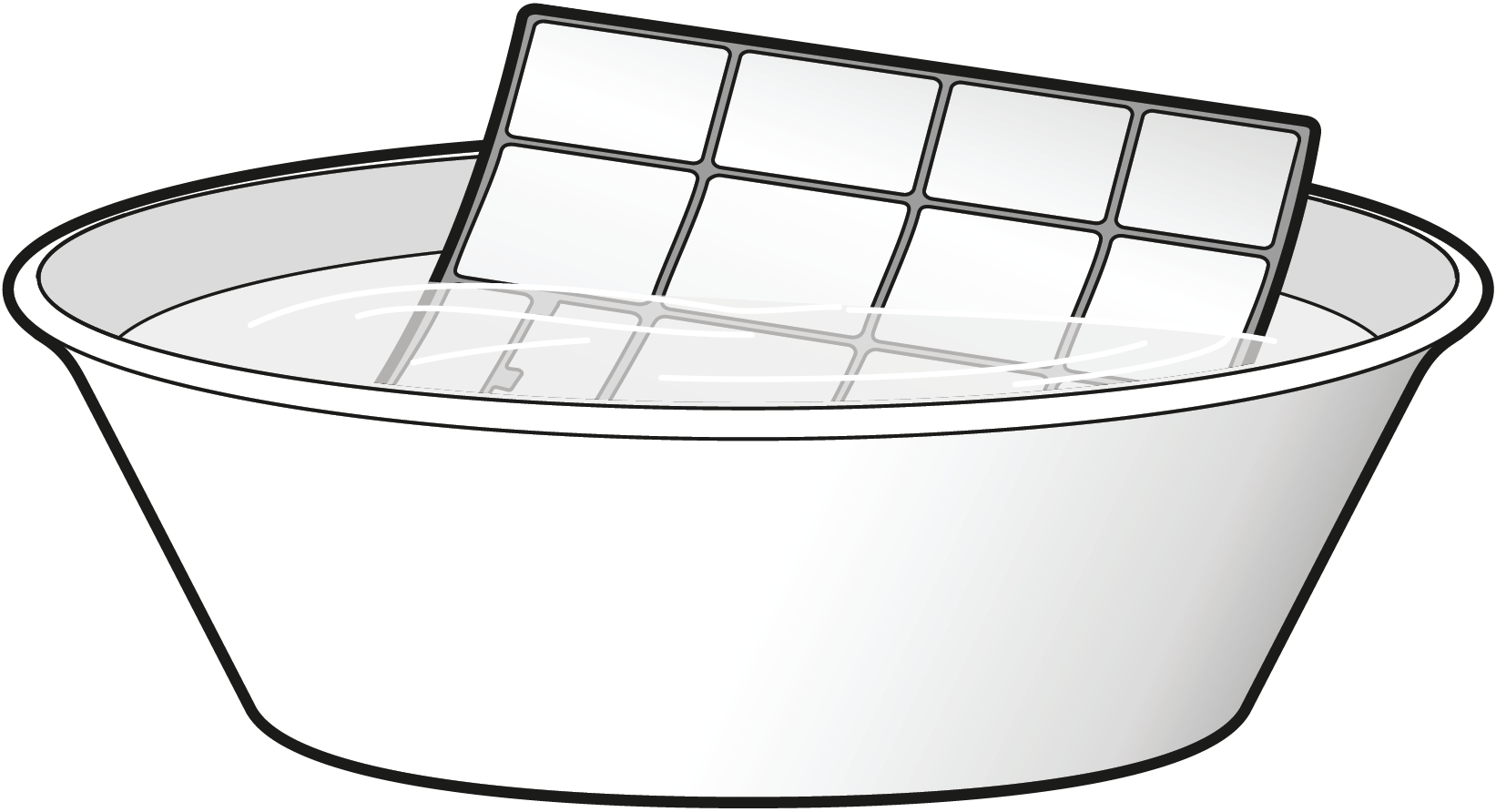
- Install all filters back in their original positions.
INFORMATION
- If the dust does NOT come off easily, wash them with a neutral detergent diluted in lukewarm water. Dry the air filters in the shade.
- It is recommended to clean the air filters every 2 weeks.
To Close the Front Panel
- Set the filters as they were.
- Gently press the front panel at both sides and at the center until it clicks.
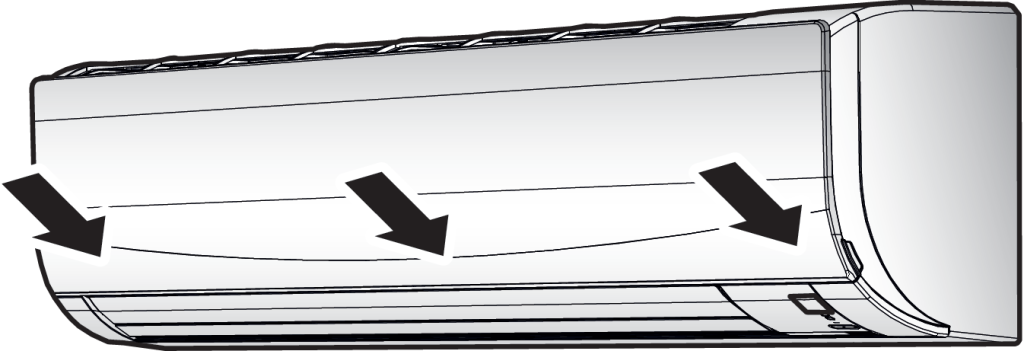
To take Following Items into Account Before a Long Idle Period
Operate the unit in fan only mode for several hours to dry the inside of the unit.
- Press MODE and select fan only operation.
- Press ON/OFF to start operation.
- After operation stops, turn the breaker off.
- Clean the air filters and replace them in their original position.
- Remove the batteries from the user interface.
Troubleshooting
If one of the following malfunctions occur, take the measures shown below and contact your dealer.
WARNING
Stop operation and shut OFF the power if anything unusual occurs (burning smells etc.).
Leaving the unit running under such circumstances may cause breakage, electrical shock or fire. Contact your dealer.
The system MUST be repaired by a qualified service person.
| Malfunction | Measure |
| If a safety device such as a fuse, a breaker or an earth leakage breaker frequently actuates or the ON/OFF switch does NOT properly work. | Turn OFF the main power switch. |
| If water leaks from the unit. | Stop the operation. |
| The operation switch does NOT work well. | Turn OFF the power supply. |
| The operation lamp flashes and you can check the error code by the user interface. To display the error code see the user reference guide. | Notify your installer and report the error code. |
If the system does NOT operate properly except for the above mentioned cases and none of the above mentioned malfunctions is evident, investigate the system in accordance with the following procedures.
Disposal
NOTICE
Do NOT try to dismantle the system yourself: dismantling of the system, treatment of the refrigerant, oil and other parts MUST comply with applicable legislation. Units MUST be treated at a specialized treatment facility for reuse, recycling and recovery.
